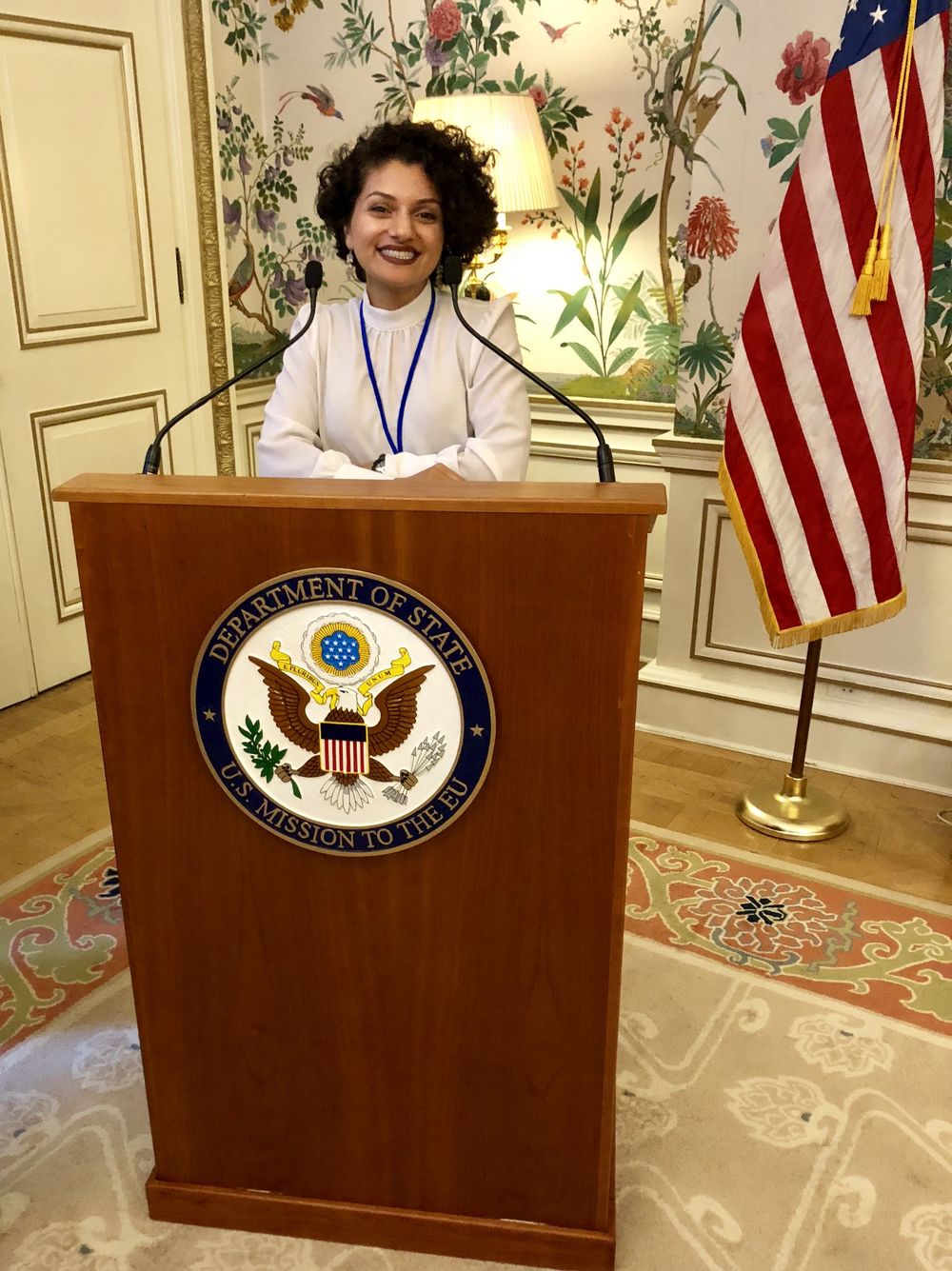The seminar began in Luxembourg City, where we met 44 other Fulbright fellows from throughout Europe and embarked on a four-day journey of challenging ourselves and each other to answer society’s most pressing questions. Through a hearing at the European Court of Justice in Luxembourg, we grappled with the connection between technological advancement, freedom of speech, and rising nationalist rhetoric. From there, we traveled as a group to Brussels, where we discussed climate change policy and the future of multilateral partnerships. We had the unique opportunity to tour NATO and question members of the US Mission to NATO on post-conflict reconstruction, collective response, and the complexities of a career in foreign service. Our seminar concluded in Brussels with a reception hosted by the US ambassador to the European Union.
Reflections on the EU-Nato Seminar, Feb 12–16, 2019
1 April 2019Like many students currently on Fulbright grants, I often ask myself how my research, interests, and experiences will fit into the broader narrative of an increasingly globalized world. The EU-NATO Seminar in Luxembourg City and Brussels from February 12–16, 2019, organized by the Fulbright Commission to Belgium and Luxembourg, offered both new insights and complexities to this recurring question.
By Isra Hussain
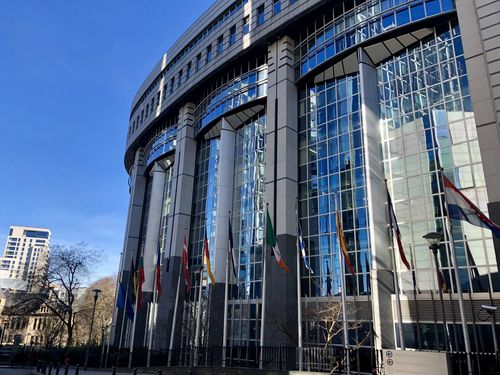
Aside from these very unique opportunities, the passion and enthusiasm emanating from my fellow Fulbright grantee cohort had atremendous impact on my experience at the seminar. Their research topics ranged from Brexit negotiations to water pollution to preventing the collapse of nuclear treaties. I was inspired by their dedication to tackling society’s most pressing issues in partnership with the individuals and institutions of their grant countries. In particular, I have been newly inspired by several of my peers’ questions regarding the importance of technical expertise in political decision making. They emphasized how we must interpret former regulations and update the language of global doctrines to reflect our reality today. These Fulbrighters’ projects raise the importance of public diplomacy and partnerships as a vessel to improving systems on a global scale.
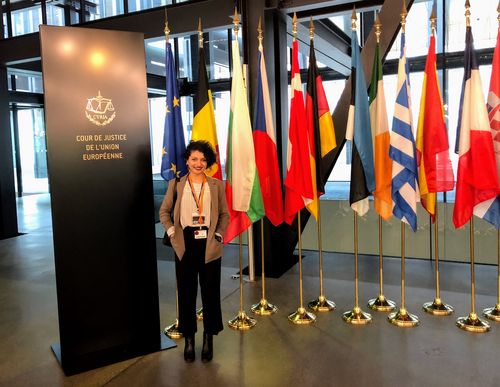
Though my current Fulbright research project on the labor market integration of refugees in Vienna since the Bosnian War has been incredibly informative, I find myself losing sight of how I can apply this work to change on a larger scale. Through the many comprehensive discussions and participating Fulbrighters, the EU-NATO Seminar helped to reaffirm my dedication to improving global migration policy, and has reminded me of the many benefits this Fulbright year will have on my academic and professional aspirations moving forward. As I contemplate a future career in law and policy, I am sure that I will be working alongside the many Fulbright students I encountered during the EU-NATO Seminar. And I cannot thank the Fulbright Program enough for enabling me to build connections with peers who are sure to be the global leaders of tomorrow.
All photos courtesy of Isra Hussain.
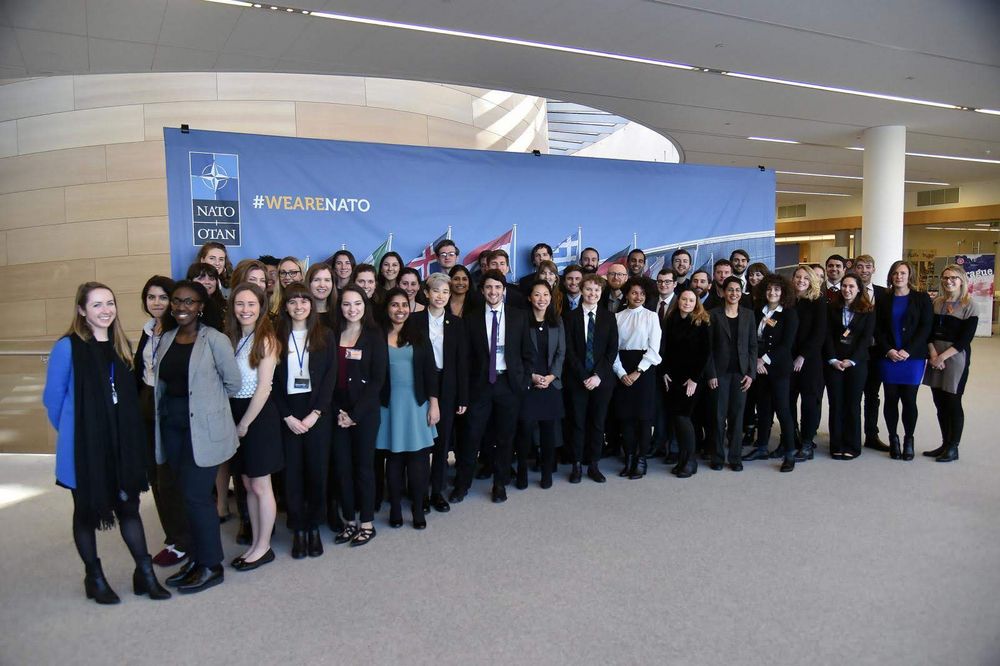
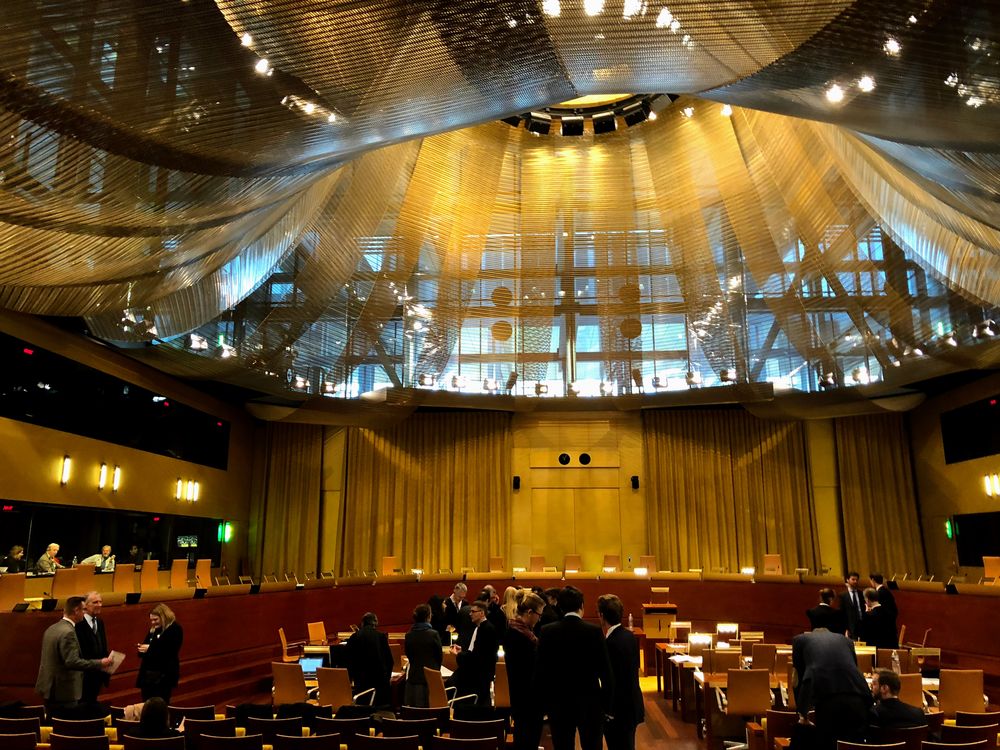
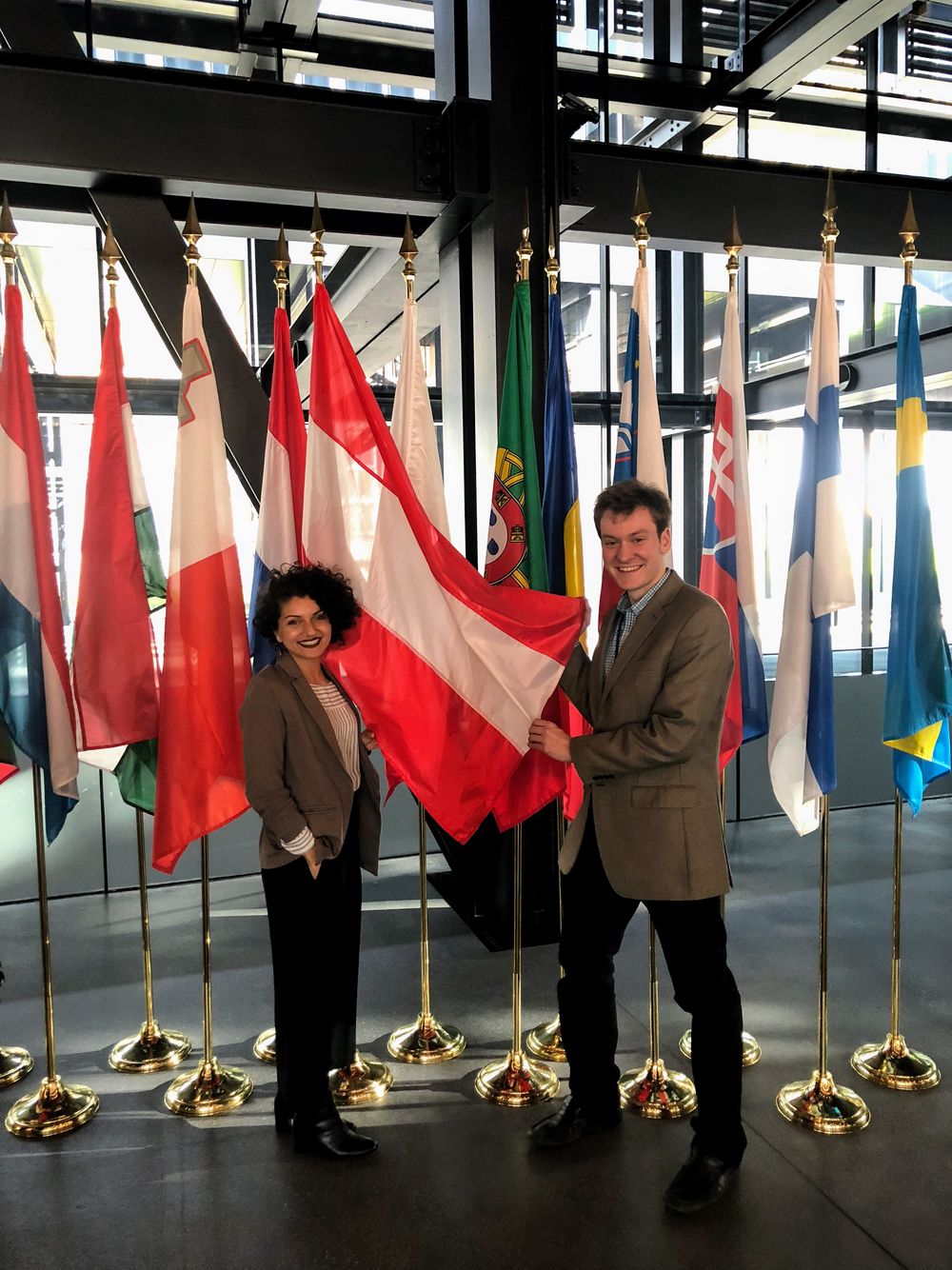 Isra Hussain with fellow Fulbright Austria combined grantee Stephen Rowe.
Isra Hussain with fellow Fulbright Austria combined grantee Stephen Rowe.